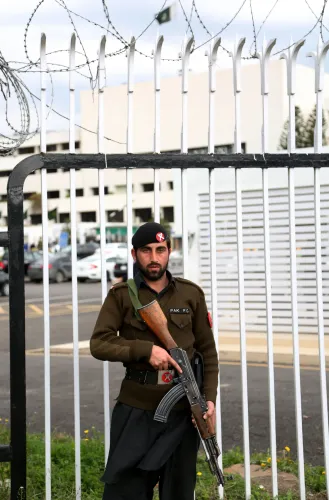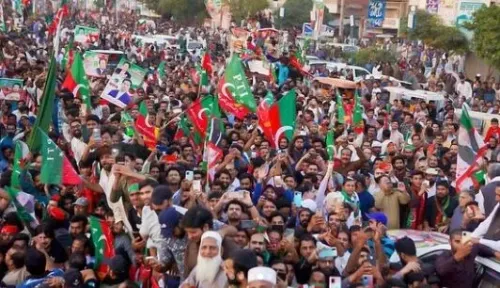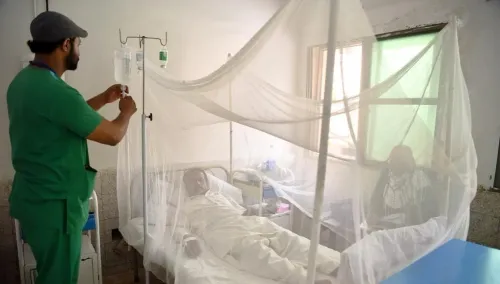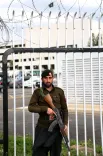Did Israel Target Iranian Missile Systems with New Strikes?
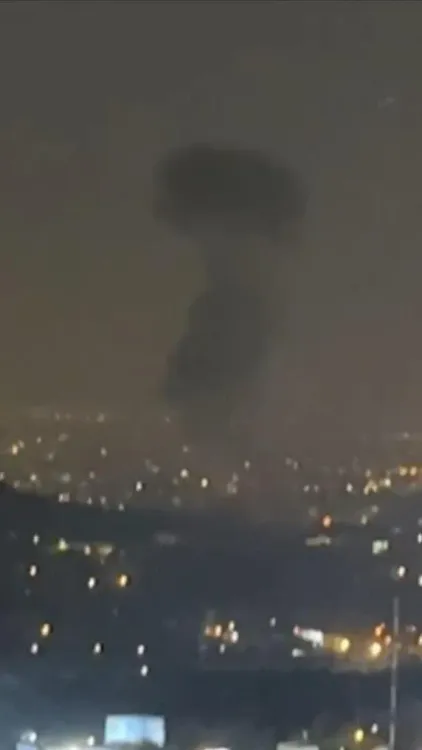
Synopsis
Key Takeaways
- Israel's IDF executed precision strikes on Iranian missile systems.
- This operation was based on intelligence from the IDF's Intelligence Directorate.
- The strikes aimed to neutralize missile threats amid a multi-front conflict.
- Iran reported significant casualties and appointed new military leaders in response.
- Khamenei has warned Israel of severe repercussions for its actions.
Jerusalem, June 13 (NationPress) The Israel Defense Forces (IDF) announced on Friday the successful completion of a new round of precision strikes targeting Iran's surface-to-surface missile systems. This operation led to the destruction of numerous launchers, storage facilities, and other crucial military installations.
According to the IDF, this operation was executed based on intelligence from its Intelligence Directorate. Among the significant targets was a facility in western Iran where an innovative launch mechanism was reportedly housed in containers.
The military emphasized that these strikes were part of their consistent efforts to eliminate missile threats during an ongoing multi-front conflict, noting that Iran had fired hundreds of surface-to-surface missiles towards Israeli territory.
"Neutralizing these missiles is imperative for the safety of Israeli citizens," the IDF stated.
Previously, Iran's semi-official Mehr News Agency reported a loud and alarming noise near the Nojeh Air Base in Kabudar Ahang, located in the western province of Hamedan. The agency also noted sightings of Iranian fighter jets above the northeastern city of Mashhad, although officials have not provided any statements regarding these flights.
In Tabriz, a city in northwestern Iran, explosions and artillery fire were reported near the airport for the third consecutive time on Friday, as Mehr reported. Air defense systems allegedly engaged after detecting a drone in the vicinity, leading to a halt in further aerial operations, according to Xinhua.
Earlier on Friday, Israel initiated a series of airstrikes targeting Tehran and various other Iranian cities, focusing on military facilities and high-ranking officials.
As reported by Iran's semi-official Fars News Agency, the assaults in Tehran province resulted in the deaths of 78 individuals and injuries to 329 others.
Following these strikes, Iran's Supreme Leader, Ali Khamenei, appointed new military leaders in response to the fatalities of key security personnel due to Israeli airstrikes on Tehran.
These appointments followed a wave of Israeli airstrikes that also resulted in the deaths of Chief of Staff of the Armed Forces Mohammad Bagheri, Islamic Revolution Guard Corps (IRGC) Commander Hossein Salami, and Gholam-Ali Rashid, head of the Khatam al-Anbiya Central Headquarters, as per Iranian media.
Khamenei designated Abdolrahim Mousavi as the new chief of staff of the armed forces, Mohammad Pakpour as the new commander of the IRGC, and Ali Shadmani to head the Khatam al-Anbiya Central Headquarters, according to IRNA.
Before these new roles, Mousavi led the regular army, Pakpour commanded the IRGC's Ground Force, and Shadmani was the deputy coordinator at Khatam al-Anbiya.
In addition to the top military personnel, the semi-official Tasnim news agency reported that the Israeli strikes resulted in the deaths of six Iranian nuclear scientists, including Mohammad-Mehdi Tehranchi and Fereydoun Abbasi, along with an unspecified number of civilian casualties.
In a statement, Khamenei condemned the attacks, warning that Israel would encounter severe repercussions for what he termed a crime against Iran.

